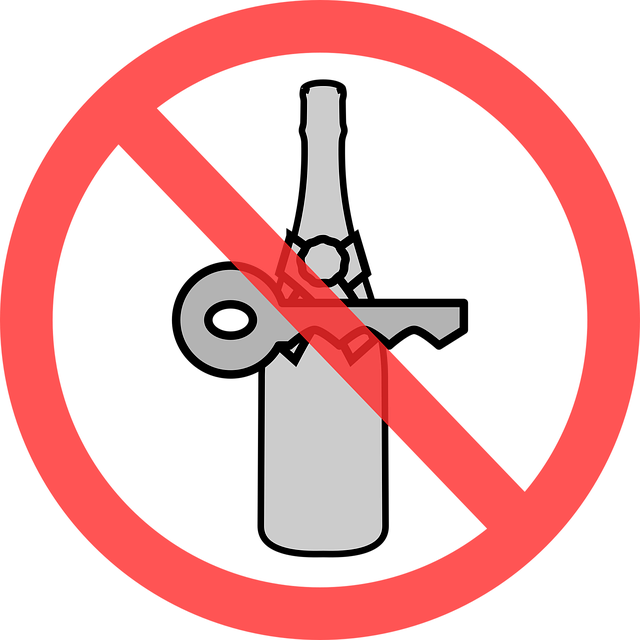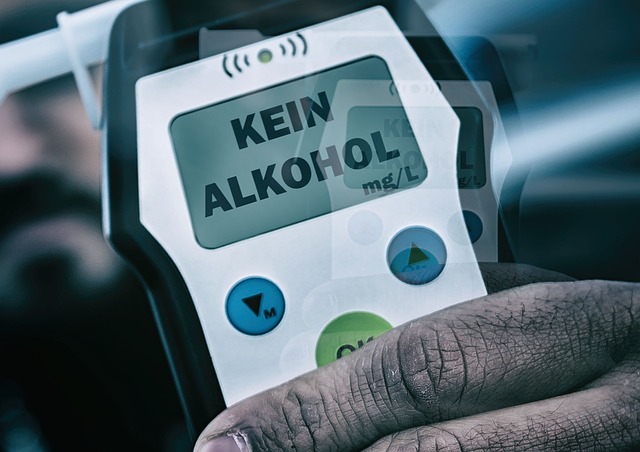Oregon's strict DUI laws (ORS) mandate zero tolerance for impaired driving, with penalties heightened for prior offenses and accidents. Law enforcement can stop drivers based on reasonable suspicion. Effective DUI defense strategies in Oregon include challenging BAC test results, disputing field sobriety tests, and questioning the legality of stops within the state's legal framework. A comprehensive Oregon DUI guide empowers individuals to understand their rights and make informed decisions by employing these tactics to potentially reduce charges or dismissals.
“Navigating Oregon’s DUI Laws: A Comprehensive Guide to Legal Defenses. Understanding Oregon DUI laws is crucial for anyone facing charges. This article delves into the legal framework, offering a detailed overview of Oregon Revised Statutes (ORS) definitions and penalties.
We explore effective DUI defense strategies, including challenging arrest procedures, impeding impairment claims, and arguing against field sobriety test validity. Furthermore, we discuss robust tactics to build a strong case, exploit legal loopholes, and negotiate for favorable outcomes in your Oregon DUI case.”
- Understanding Oregon DUI Laws: A Comprehensive Overview
- – Definition of DUI in Oregon
- – Legal definitions and relevant sections of Oregon Revised Statutes (ORS)
Understanding Oregon DUI Laws: A Comprehensive Overview

Understanding Oregon DUI Laws: A Comprehensive Overview
In Oregon, driving under the influence (DUI) is a serious criminal offense with severe consequences. The state has established a clear legal framework to combat this issue, focusing on public safety and stringent penalties for offenders. Oregon DUI laws define impairment as having a blood alcohol content (BAC) of 0.08% or higher for drivers aged 21 and above, and 0.05% for commercial drivers and those under 21. Law enforcement officers in Oregon are empowered to conduct traffic stops based on reasonable suspicion, which includes behaviors like reckless driving or failing to maintain lane.
The DUI legal framework in Oregon encompasses various elements that can be exploited through effective DUI defense strategies. These include challenging the admissibility of BAC test results, disputing the accuracy of field sobriety tests, and questioning the legality of the traffic stop itself. By employing these tactics, an Oregon DUI case defense can aim to weaken the prosecution’s case, potentially leading to reduced charges or even dismissal. A comprehensive understanding of state laws and procedural nuances is key for anyone facing a DUI charge in Oregon to navigate their rights and seek the best possible outcome.
– Definition of DUI in Oregon

In Oregon, Driving Under the Influence (DUI) is a serious criminal offense with significant consequences. The Oregon DUI laws are clear: it’s illegal to operate a motor vehicle while under the influence of alcohol or controlled substances. The legal framework defines DUI as having a blood alcohol concentration (BAC) of 0.08% or higher, or showing impairment to a degree that puts safety at risk. Law enforcement officers rigorously enforce Oregon DUI laws, making it crucial for those facing charges to understand their rights and explore effective DUI defense strategies.
Understanding the legal framework is key when navigating an Oregon DUI case. Knowledgeable attorneys can employ various effective DUI tactics, such as challenging the arrest procedure, disputing evidence like BAC test results, or arguing that field sobriety tests were conducted improperly. A comprehensive Oregon DUI guide should include information on these defenses and help individuals make informed decisions about their legal options, aiming to mitigate penalties and protect their rights within the state’s legal system.
– Legal definitions and relevant sections of Oregon Revised Statutes (ORS)

In Oregon, driving under the influence (DUI) is a serious criminal offense governed by Oregon Revised Statutes (ORS). Key definitions and relevant sections within ORS provide the legal framework for DUI cases. Under ORS 813.010, a person is considered to be “under the influence” if their abilities are impaired by alcohol or drugs, or both, to a degree that puts them at risk of causing harm to themselves or others while driving. The statute also outlines specific circumstances that enhance penalties, such as having prior DUI convictions (ORS 813.050) or causing an accident resulting in injury or death (ORS 813.060).
Understanding these legal definitions and relevant sections is crucial for developing effective DUI defense strategies. Lawyers can leverage knowledge of ORS to challenge the state’s case, raising questions about the admissibility of evidence, procedural errors, and the interpretation of the law. By employing tactics such as disputing field sobriety test results (ORS 813.107), questioning the reliability of breathalyzer readings (ORS 461.354), and exploring potential violations of constitutional rights (Fourth Amendment protection against unreasonable searches and seizures), defense attorneys can navigate the DUI legal framework in Oregon to protect their clients’ interests.






